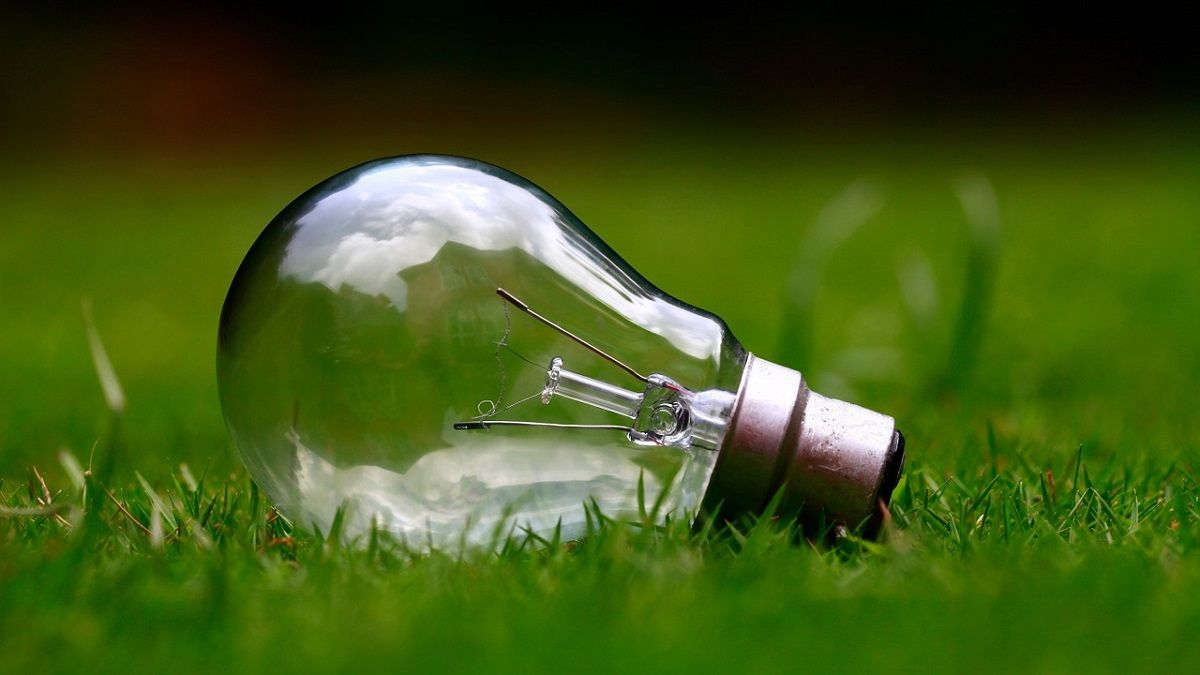Russia’s calamitous invasion of Ukraine may be the impetus in unlocking EU investment in energy independence, according to a blog from Lombard Odier Private Bank.
Writing on the bank’s website, CIO Stéphane Monier said that the fallout from Russia’s invasion was leading to a transformation in the EU’s energy policy.
Monier wrote: “The bloc is committed to severing its reliance on Russian resources and accelerating the shift to alternative energy sources. The drive has repercussions for renewable energy firms, the liquefied natural gas (LNG) value chain, utilities, and industrial metals.”
He added: “Europe urgently needs to diversify its energy supplies. Russia accounted for 35% of EU gas imports and around 30% of oil in 2021, making it the bloc’s biggest supplier. Supply disruptions in 2006, 2009 and Russia’s annexation of Crimea in 2014 all alarmed European policymakers. That did not prevent Russian gas imports from steadily rising. The Ukraine invasion has now pushed prices, leaving Europe facing an energy bill worth around 8% of GDP.”
The world’s side-lining of Russia has led many European nations to seek fuel and gas elsewhere, with Monier pointing to Germany making a deal with Qatar on 20 March to import LNG.
That deal, wrote Monier, “[…] allows German energy companies to begin negotiations with Qatar, without specifying the volumes available. Qatar exported 106 bcm of LNG in 2020. Germany, which currently has no facilities for transforming LNG into gas, has just approved the construction of two such terminals”.
He also wrote that renewables are likely to be the beneficiaries of his boon, saying that share of European firms in this sector were among the first to gain in value since the beginning of the conflict.
He added: “Investors need to be more selective and disciplined as these stocks become more expensive. However, with additional government spending now possible, we expect positive earnings revisions going forward. We favour pure renewable energy developers and component producers for solar and wind products. In wind power, offshore installations are one of the fastest-growing segments and tend to benefit manufacturers of larger turbines. In solar, we prefer new panel technologies including nanomaterials, or parts that can be built directly into roofs and windows.”
All of this comes as Russian president Vladimir Putin has said Russia will seek payment for its gas in roubles when it comes to ‘unfriendly’ countries, a statement that put Europe on tenterhooks regarding the current fuel crisis across the continent. Putin may be thrashing around, looking to shore up the tanking Russian currency, but there is still little higher ground when in not dealing with one murderous regime, the continent gets into bed with others.







